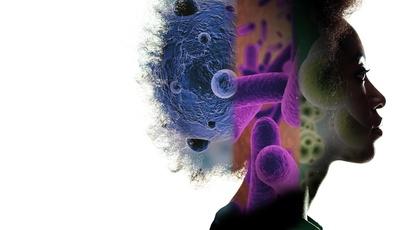Watch Clip

Profile: Kevin Esvelt
8m 22s
Kevin Esvelt is on a mission to eradicate Lyme disease on Nantucket and Martha’s Vineyard.





























